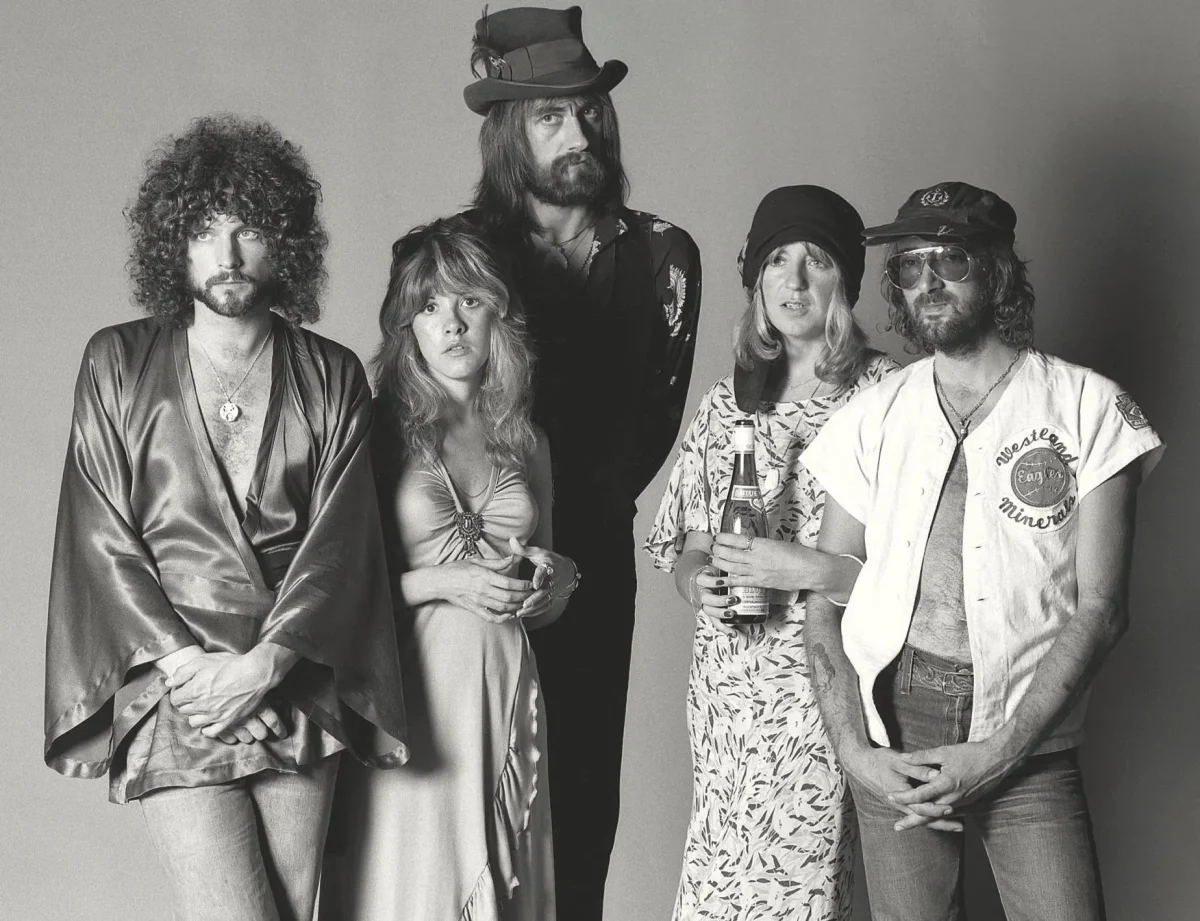For teenagers, it is very difficult to understand or know what love is truly, and it is even more difficult to understand a love relationship; they are very difficult to deal with as there are good and bad days. In a relationship, couples should face them together; however, not everyone can, and they end up involved in fights, arguments, and disappointments. Additionally, youth and naivety can contribute to problems with romantic relationships which is why “toxic” relationships are a common problem.
A “toxic” relationship is basically known as a relationship where there is manipulation and aggression, which can be physical or even psychological. A key word that is usually heard in a relationship is the words “I love you,” and with those words, teenagers show their affection and appreciation towards another person.
Despite the beautiful meaning of the word “love” nowadays, it is said very easily said and not always from people who love each other, but from people who are only interested in friendship. Sometimes in couples, only one person is in love, only one is excited, and only one is loving the other. There are times when a couple says, “I love you” just to get something in return such as affection or other things. There are also people who use that word as a justification for an action they did or as a lever that gives them an advantage for what they want – using it to manipulate. Some examples are the following:
- I do it because I love you.
- I can’t live without you; I love you.
- If you do it, it will be a proof of love.
This is not to say that all relationships are fully bad or good, but teenagers likely will make mistakes in love, and in those mistakes, hearts are broken. Depression, anxiety, regrets, and much more may follow. Nobody can assure that their relationship will go well, but this doesn’t mean that teenage love isn’t worth pursuing. Teenagers should still try to find love if they are ready for it because it can have some amazing benefits according to Queensland University such as sharpened interpersonal skills, experience for future relationships, identity formation, and improvement in communication to name a few. Although if the relationship does not give the teenage any of these things, it is time to just end everything, so that tomorrow they can be at peace and maybe find a better relationship to fulfill them.









